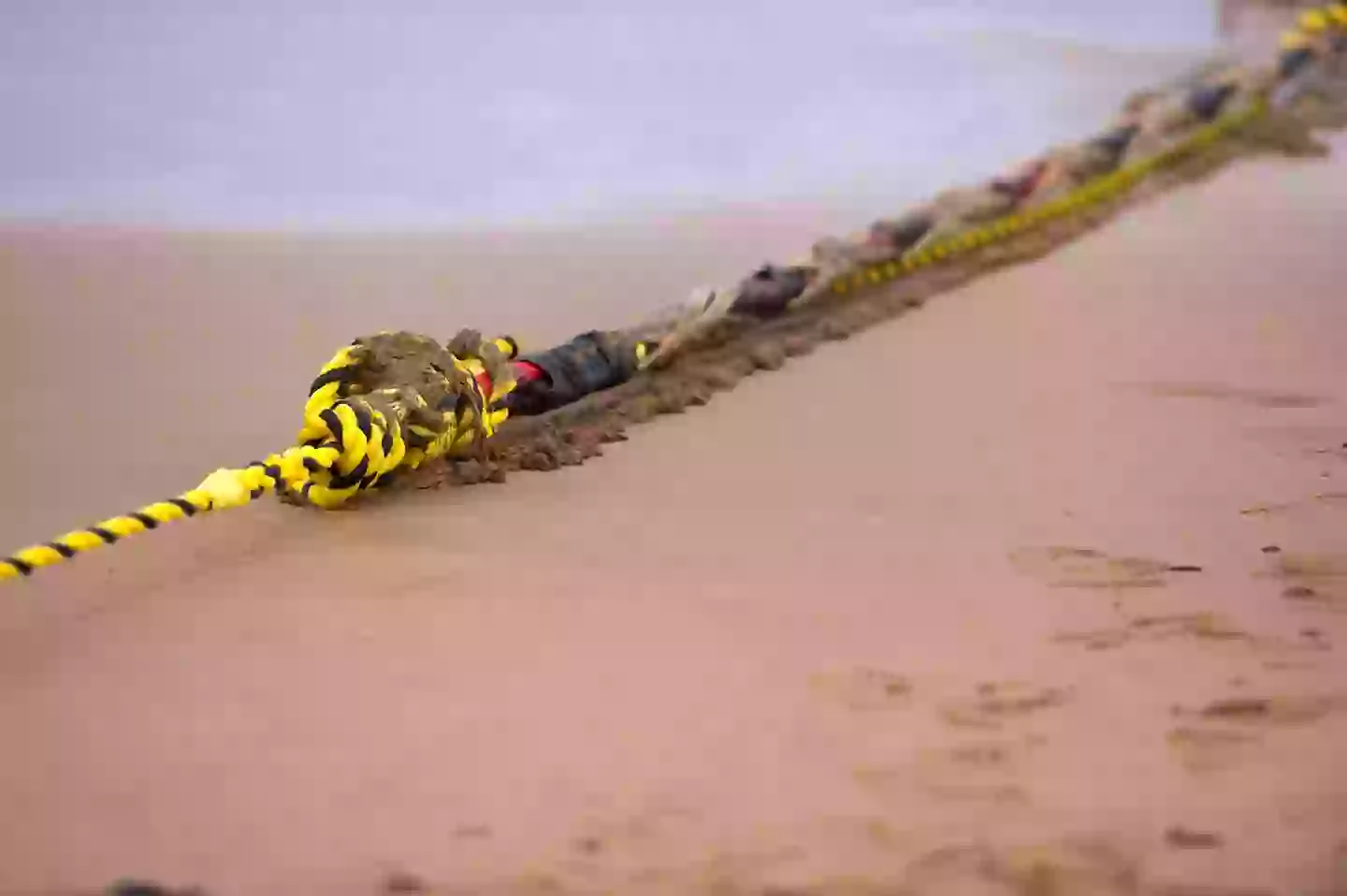MP Exposes Hidden UK ‘Target’ Amid Russia’s Startling WW3 Warning to Citizens
When you think of threats to the UK, images of rooftop missiles or cyber hackers might pop into your head — but what about the silent, unseen lifelines buried deep beneath the ocean? Defence minister Luke Pollard recently threw a curveball, flagging undersea cables as a surprisingly vulnerable—but utterly crucial—target in any future conflicts. These slender, often overlooked threads carry a staggering 99% of the world’s internet traffic and financial transactions. Imagine a world where suddenly, poof, those cables get sliced or sabotaged. No Netflix binge, no instant bank transfers, no tweeting your displeasure—talk about a digital blackout of epic proportions! It’s wild to think that, historically, we’ve slept easy thanks to the ocean’s depth shielding these cables. But advancements in tech means that “safe” no longer means invincible. With Russian warships increasingly prowling nearby waters, the possibility of underwater sabotage isn’t just a plot in a spy thriller—it’s a creeping reality. So what happens when the next global showdown decides to play out beneath the waves? Pollard hints it won’t be merely tit-for-tat; the UK’s response could be as multifaceted as the threat itself. Intrigued? You should be. Dive in below to uncover why the ocean floor might just become the next frontline. LEARN MORE
Defence minister Luke Pollard has warned that the danger of an attack on the UK extends far beyond dry land.
The MP for Plymouth Sutton and Devonport has revealed an unlikely ‘target’ which foreign adversaries could take advantage of to cripple the country in the event of World War 3.
Speaking to the Joint Committee on National Security Strategy on Monday (30 June), Pollard warned that the threat to the UK‘s undersea cables ‘is now a regular topic of conversation’.
They are responsible for around 99 percent of global communications, internet traffic and financial transactions – so safe to say, we’d be pretty snookered without them.
They ‘form the backbone of the world‘s internet’, according to the government, which explains: “These cables are often long and remote, making them difficult and costly to monitor.
“They are vulnerable to natural events, accidental damage by vessels or deliberate sabotage.
“Around 60 cables connect the UK to the outside world. This provides reasonable resilience if one is damaged – but the impact of simultaneous damage to multiple cables would be significant, particularly during periods of heightened tension or conflict. On-shore cable landing stations may also be targeted.”

Undersea cables are a lifeline for technological communications around the world (ANDER GILLENEA/AFP via Getty Images)
So, you can see why Pollard is emphasising the importance of protecting these sub-surface cables, which are considered to be particularly vulnerable to an attack.
“This was not really spoken about a few decades ago,” he told the committee yesterday. “It is now a regular topic of conversation about the overall threat.”
Former defence secretary Grant Shapps agreed, having previously described the UK’s undersea infrastructure – which also involves seabed pipelines importing gas – as the ‘soft belly of British security’.
Which doesn’t exactly bode well when the prospect of WW3 is being brought up on a daily basis…and countries such as Russia wouldn’t think twice about sabotaging the UK from below the surface.
The depth at which the cables are installed – as they are either buried under, or laid on, the seabed – was previously considered enough protection.
However, thanks to the continuing advancements of technology, Pollard reckons our undersea cables are something of an Achilles heel for the UK.
“We’ve had undersea cables, under the Atlantic in particular, for a very long time now, and by and large, they were reasonably protected by merit of their depth,” the MP said.

MP Luke Pollard warned that they are a vulnerability for the UK in the event of WW3 (Dominika Zarzycka/NurPhoto via Getty Images)
“It’s certainly true that in this new era of threats, where new technology means that the depth of those cables under the ocean is no longer a guarantor of their safety, that there is an increased threat to them.”
Just last week, Pollard warned that there has been a spike in Russian warships ‘sailing through the English Channel’.
But he reassured Brits that our undersea cables would be kept safe thanks to the ‘exquisite capabilities’ of our armed forces.
“I have every confidence, as should the British public, that our Royal Navy will continue to defend our waters and keep our undersea cables safe,” Pollard added.
Still, the battlefield could well include the ocean floor if WW3 really does boot off.
When asked what the UK would do in the event of an attack on our undersea cables, Pollard told the Committee: “It’s not always an eye for an eye…In the event of any actions being taken against UK infrastructure, we would look at all the options available to us.”
It comes after a Russian politician warned the UK to stop sending aid to Ukraine – otherwise, we’re running the risk of Vladimir Putin deeming us as being ‘direct complicit’ in the war.











Post Comment